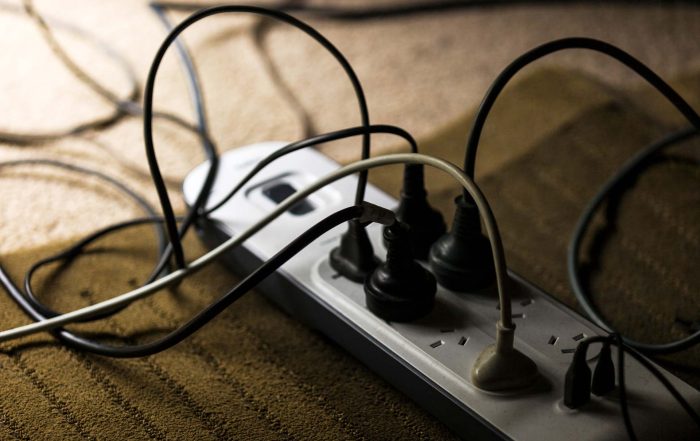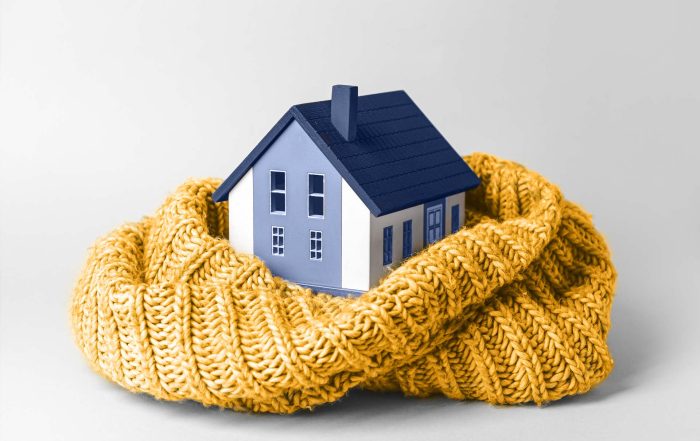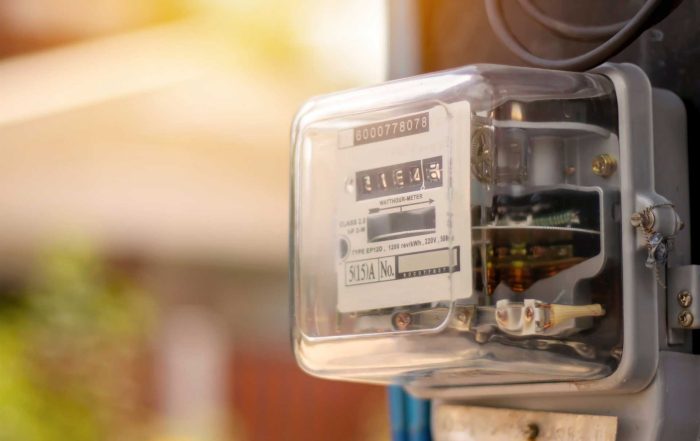Wifi Upgrades: what do you need to know?
The What’s and Why’s of WIFI
We’ve been having a big batch of WiFi upgrades come through lately. Sometimes, it’s businesses that have issues with their WiFi and want us to fix it. Other times, it’s businesses that only have plug in Internet and want to add WiFi.
Either way, in these situations our job is usually to upgrade their WiFi systems and make sure they get amazing WiFi speeds.
If you’ve been thinking about adding or improving your own WiFi, this article should give you some things to think about.
Coverage Area
First of all, you need to look at your coverage area.
Is it a massive space? Are there walls? Is it multiple levels?
You might need to have more than one access point.
Extenders vs Mesh
There are a few different ways of covering more area with your WiFi, but the two you’ll see the most are Wireless Extenders (or repeaters), and Mesh Networking.
Wireless Extenders
Wireless Extenders are a device that basically picks up on your existing WiFi signal, and sends it out again. The only difference is that it’s technically a totally separate WiFi signal with its own name, so you end up with some conflict between which WiFi network you should be connected to.
With an extender, you’d place it a fair way away from your existing device (but not too far that the signal weakens) so that the signal it is reproducing can reach the rest of the premises.
If you already have WiFi but the signal doesn’t quite reach the other side of the office or warehouse, this can be a really affordable option.
Mesh Networking
Mesh Networking is when you link up a a number of “nodes” that each put out a WiFi signal. Yes, it’s super similar to an extender, except that these are made for this purpose, so it puts out one single WiFi network. You don’t get conflicts.
With Mesh Networks you can add as many nodes as you need, making it the perfect solution for a really large space.
Cabling (whaaaaat)
Yes Cabling is super important in any network. Your WiFi speed will only be as good as the speed of the Internet itself, and your Internet speed is affected by the cables you use to connect it.
Mobile Backup
These days, it’s possible to have 4G (or possibly 5G if it’s available in your area) Mobile Broadband Internet included in some devices, that can automatically kick in if your Internet cuts out.
With how the NBN rollout has been going, this isn’t really a bad idea!
Which Wireless standard?
Over the years, wireless technology has kept improving. This means every now and then they update the “standard” for WiFi.
It originally started as 802.11a, then the a became b, the b became g (why not c? No idea), the g became n, and now the latest is ac.
It would be pretty ridiculous to get anything other than the latest, but some older devices can’t actually connect to it, so it’s always good to see what devices will be connecting to the WiFi network and ensuring you can support them.
Guest access
Many businesses will set up a “guest” WiFi, which is great if you don’t want visitors accessing the same network you run your business on.
Security
And of course, you need to make sure you secure your WiFi (it’s scary how many businesses don’t).
Unsecured WiFi means anyone can access it. And if anyone can access your network, it means someone who’s smart enough will be able to access the data on your network!
Let alone what any ordinary person could do (download everything they can).
You need to pick the right security method and have a password that would be almost impossible to guess.
Conclusion
If your WiFi isn’t working out too well, or you don’t have any but would like to have it, give us a call. We can connect your WiFi (as well as handle a range of other network and data issues).



